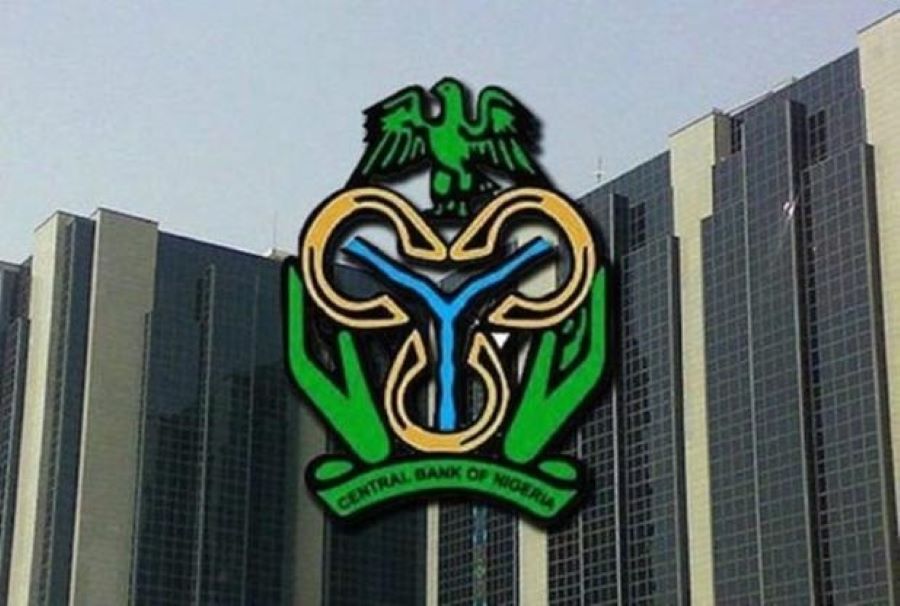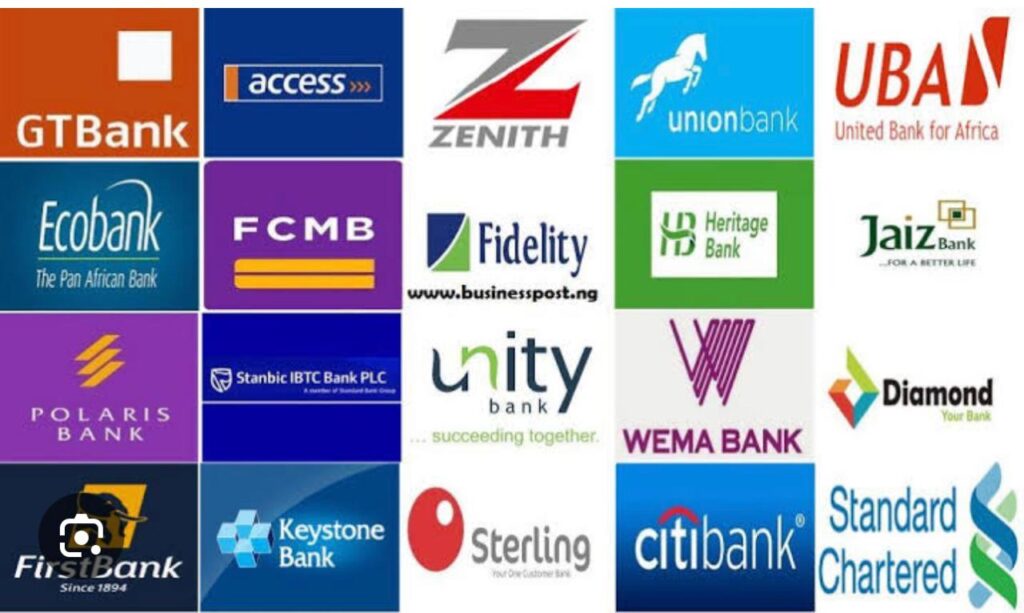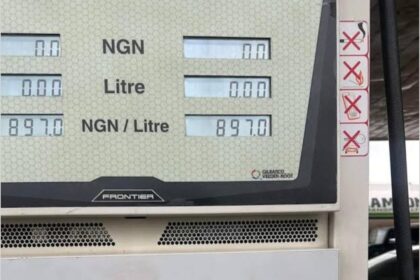– A Chorus of Concern as Shadowy Figures Lurk in the Recapitalisation Shadows
– As Nigeria’s banks strive for stability, shareholders fear the creeping influence of dark money, jeopardizsng the integrity of the financial system
As a new dawn breaks over Nigeria’s bustling financial districts, the air thrums with the hum of a re-engineered banking system, but a dark cloud looms over the glistening facades of towering banks. Amidst the clangour of recalibration, an unsettling murmur escapes the boardrooms—it relays deeprooted fears from the hearts of the shareholders. They see shadows in the shimmer, fearing that the sacred process of bank recapitalisation may fall prey to the insidious grip of the country’s notorious ‘money bags.’
Shareholders, the guardians of these financial citadels, have sounded the alarm, raising their voices against the possible hijacking of the recapitalisation process by those who bear no genuine intention for the banking sector’s growth. The specter of illicit cash threatens to turn this sanctified process into a stage for criminal masterminds, money launderers, and embezzlers. …CONTINUE READING

The Siren Call of Illicit Wealth
Like moths to a flame, rogue money bags—cloaked in the guise of legitimacy—are drawn to the potential windfall of influence within Nigeria’s banking halls. Shareholders, who have poured their hopes and savings into these institutions, now face the harrowing prospect of these charlatans seizing control. The allure of quick profits and unchecked power beckons these unscrupulous figures, their intentions far removed from the genuine growth and stability of the banking sector.
The ramifications of such a takeover are manifold and dire. Illicit cash flows could permeate the banking system, casting long shadows over transparency and trust. If unchecked, these flows might facilitate a hostile takeover of the boardrooms and daily operations, effectively turning revered banks into mere conduits for laundering stolen wealth.
The Pandora’s Box of Regulatory Lapses
The regulatory authorities, aware of these dangers, have warned against receiving illicit funds. Yet, shareholders cry for heightened vigilance, fearing that the current frameworks may not suffice to keep the dark money at bay. A robust monitoring system is not just a necessity but a bulwark against the erosion of trust that is foundational to the banking sector. Failure to erect these safeguards might lead to the control of banks slipping into the hands of shadowy figures, undermining the collective effort to bolster confidence in Nigeria’s financial system.
Silent Struggle of Genuine Investors
Amidst the cacophony of fear, genuine investors find themselves grappling with the harsh economic realities. The rights issues extended by various banks, intended as lifelines for stability, have become albatrosses around their necks. Struggling to fund these rights, some shareholders have been forced to sell off valuable stocks in other companies. This fire sale is symptomatic of a deeper malaise—the dwindling income and harsh economic environment that erode the foundations of even the most stalwart investors.
For those minority shareholders who still hold valuable stocks, the pressure to offload these assets is immense. Their sacrifice is emblematic of the broader struggle to retain a foothold in an increasingly volatile market. The downturn in the stock market further exacerbates this situation, leaving shareholders in a precarious balancing act.

A Downward Spiral of Shareholding Dilution
The ongoing rights issues present another ominous challenge: the dilution of existing shareholding. Shareholders unable to participate in these issues due to financial constraints face the risk of their stakes being significantly watered down. This dilution is not merely a financial inconvenience; it is a symbolic weakening of their influence and voice within the institutions they helped build.
The banking index, reflecting the sector’s health, has been on a steady decline since the start of the year. Notable banks, such as Fidelity Bank Plc and Access Holdings Plc, have embarked on ambitious capital-raising programs. While these initiatives aim to strengthen financial footing and support working capital needs, they also underscore the desperate need for recapitalisation in a struggling economy.
The Call for Vigilance and Integrity
In this fraught landscape, voices of reason call for an uncompromising stance against the encroachment of illicit funds. Patric Ajudua, President of the New Dimension Shareholders Association, echoes the fears of many. He warns that without stringent risk management frameworks, banks may see an uptick in non-performing loans, undermining the very objectives of the recapitalisation exercise.
Similarly, Moses Igbrude, President of the Independent Shareholders Association of Nigeria, urges his peers to exercise their rights judiciously. He calls for a collective effort to prevent the takeover of banks by individuals of questionable character, emphasizing the need for the involvement of agencies like the Economic and Financial Crimes Commission (EFCC).
The Peril of a Compromised Future
As the financial narrative unfolds, the future of Nigeria’s banking sector hangs in a delicate balance. The specter of illicit cash, like a dark knight, threatens to overrun the sanctity of banking halls. The warnings from shareholders are not mere whispers in the wind but clarion calls for action.
The true danger lies not just in the immediate disruption but in the long-term erosion of trust. If rogue money bags succeed in their clandestine ambitions, the integrity of Nigeria’s financial institutions could be irrevocably compromised. This would open the floodgates to criminal masterminds, smugglers, and embezzlers, transforming boardrooms into battlegrounds for power and profit.
A Call to Arms
In the twilight struggle against these looming threats, the call to arms is clear. Shareholders, regulators, and stakeholders must unite in vigilance, fortifying the ramparts of Nigeria’s banking sector against the insidious tide of illicit wealth. Only through collective action and unwavering integrity can the sanctity of these financial citadels be preserved.
In the words of a modern-day sentinel, “The cost of freedom is eternal vigilance.” For Nigeria’s banks, this vigilance is not just a duty but a lifeline, ensuring that the golden promise of dawn does not give way to the shadows of dusk.




I am not responding to rights issue by Fidelity Bank Plc as I have moved to short term investments. The Security and Exchange Commission is not up to par in its function of regulation of the capital market in Nigeria. Over the last thirty years, shady deals have been rampant in the Nigerian capital market with minority shareholders losing nearly all or all their investments as equity stakeholders. Nobody in Nigerian capital market has ever been prosecuted or jailed for insider trading but insider trading is common in the Nigerian capital market operations.